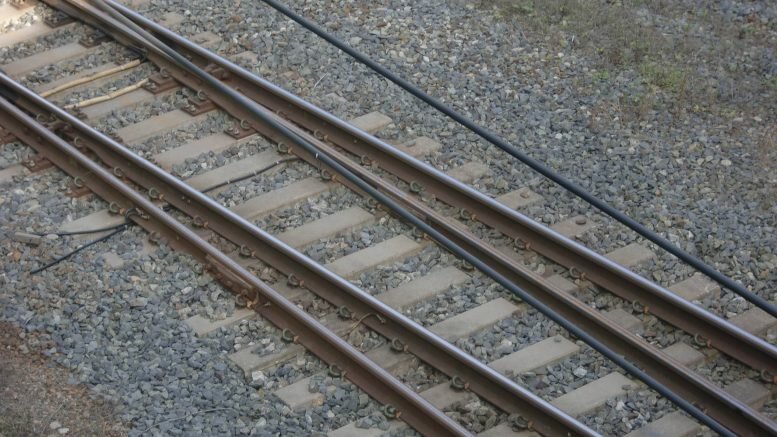NSB asks for a crisis meeting with Bane Nor after extensive train delays
Passengers have been exposed to the lowest punctuality on NSB’s passenger trains for several years. Now NSB summons Bane Nor to a crisis meeting.
CEO of NSB, Geir Isaksen, says he is very frustrated on behalf of the company’s train customers. Isaksen points to that passengers in eastern Norway this autumn have experienced delayed and canceled trains too many times.
– Many failures on signal systems and power supply mean that the punctuality in August and September for our passenger train is at the lowest level for several years. We have had slumps in punctuality before, but now we think it has reached such a dimension that we need to emphasize this more, said Isaksen during a press conference on Friday.
Urgent Meeting
NSB has now called Bane Nor, which is responsible for rail and infrastructure, to a crisis meeting next Thursday.
Isaksen shows graphs where it is clear that there are infrastructure problems, not NSB, which account for most of the delays and cancellations.
We of course have regular contact with Bane Nor, but now the situation is so difficult that we have requested an extraordinary meeting.
The NSB manager encourages Bane Nor to prioritize “everyday deliveries” and daily maintenance rather than construction of new stretches.
– Our message is: if major investments stand in the way of daily operations, day-to-day operations must be prioritized. If Bane Nor lacks money and resources for day-to-day operations, then the money must be spent on everyday deliveries than new stretches, he says.
Good figures
Isaksen also released the company’s tertiary figures on Friday. During the first eight months of the year, the NSB Group had a turnover of NOK 9,841 million and delivered an operating profit of NOK 639 million. The CEO is pleased with the figures, but emphasizes that it is even more important that the customers are satisfied.
After the election results this autumn, NSB is also preparing for competition on passenger traffic in Norway.
– It requires us to reduce our costs and adapt our business to what we will deliver in the future. This means a major transformation, which we are well on the way with, says Isaksen.
Nettbuss delivers good results, while freight traffic has fallen, and CargoNet experiences tough competition from Norwegian and international carriers.
© NTB Scanpix / Norway Today




